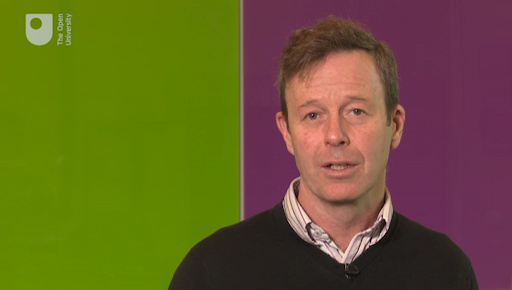Introduction
Welcome to this four-week free course Collaborative problem solving for community safety.
It examines some of the ways which OU specialists in creative problem solving recommend to tackle difficult problems, and how to implement them in a community setting.
To start your work on this course, watch the following video introduced by Open University academic and course author, Mike Lucas.
In this short video Mike gives you an overview of what you will be learning.

Transcript
In week 1, we begin by looking at how your own personal experience and sharpening your observational skills can contribute to your learning in this area. We go on to explore how through active listening and the development of empathy you can build strong relationships with other members of your community, which will aid you in practising a collaborative approach to resolving some of the key problems you experience. Finally, we examine one of these problem areas, support for vulnerable people in your community, and how this issue is being addressed in community policing.
In week 2, we examine how information about your community can be gathered from a variety of sources, and some of the techniques which can be used to make sense of it. These techniques will allow you to develop a deeper understanding of the types of relationships you already hold with other members of your community, and how to build on these to make you an effective community collaborator and problem solver.
Week 3 looks at the crucial area of communication, from reviewing your own personal communication skills, to developing approaches to communication with individual colleagues and peers, and with the community as a whole. We also examine a key facet of delivering services to the community in contemporary Britain, the importance of partnerships.
Finally, in week 4, we explore reflective practice, problem solving and decision making, and key aspects of working with others on the resolution of difficult or complex problems.
Each weekly section of the course begins by looking at an aspect of your learning: learning from everyday experience and the world around us, learning from others’ ideas and with peers; learning by thinking and reflecting on events; from online information searches. The skills and habits of learning are essential to both collaboration and problem solving in any walk of life, and particularly important in tackling some of the complex problems related to communities and their safety.
Moving around the course
In the ‘Summary’ at the end of each week, you can find a link to the next week. If at any time you want to return to the start of the course, click on ‘Full course description’. From here you can navigate to any part of the course.
It’s also good practice, if you access a link from within a course page (including links to the quizzes), to open it in a new window or tab. That way you can easily return to where you’ve come from without having to use the back button on your browser.
Other Open University courses that are related to this OpenLearn course, and you may be interested in studying, are: BSc (Hons) Criminology and Law [Tip: hold Ctrl and click a link to open it in a new tab. (Hide tip)] and BA (Hons) Business Management (Leadership Practice).
You can now go to Week 1.
